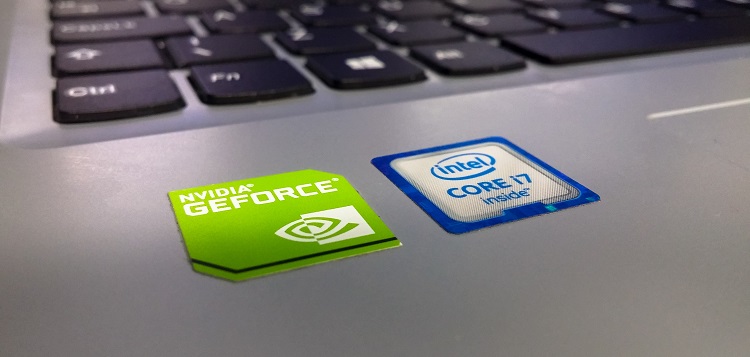Nvidia’s top-of-the-line RTX 4000 series graphics cards are the latest additions to the gaming world, offering gamers features that have never been seen before. With features such as real-time ray tracing, the RTX 4000 series cards are designed to handle the most demanding games, allowing gamers to experience a smooth and immersive experience. However, despite their success with the RTX 4000 series, Nvidia has come under fire for ignoring budget gamers in favor of their high-end offerings.
Nvidia currently dominates the GPU market with an 82% share, according to findings from a PC market research firm. AMD and Intel account for the remaining 18%. This overwhelming market share has allowed Nvidia to focus on developing more powerful cards for their high-end offerings, leading to criticism from budget gamers who feel like they are being left out of the gaming experience. In response, Intel recently released their own discrete gaming GPU in an effort to challenge AMD’s stronghold in the market.
The launch of Intel’s Arc GPUs has been met with a variety of issues, including reports of delays and weak performance. This has caused many budget gamers to question whether Intel is capable of providing a competitive product that can compete with Nvidia and AMD’s offerings. Reports of delays during the launch of Intel’s new Arc GPUs have been rampant since the launch date was announced, leading some gamers to question whether Intel is capable of delivering on their promise of competing with AMD and Nvidia in this space. In addition to reports of delays, there have also been reports of weak performance from Intel’s new Arc GPUs. This has caused some gamers to further question whether Intel is capable of providing a product that can compete with Nvidia and AMD’s offerings.
Nvidia’s lack of attention to lower cost graphics cards has also been a source of criticism. Despite the success of their top-of-the-line RTX 4000 series, Nvidia has been criticized for not providing affordable options for budget gamers. This has left them vulnerable to criticism from budget gamers who want access to the same features as their more expensive counterparts. Nvidia has yet to respond to these criticisms, focusing instead on developing more powerful cards for their high-end offerings.
The gaming world is constantly evolving and it is important for companies such as Nvidia and Intel to keep up with these changes. While Nvidia continues to dominate the GPU market, Intel’s presence in the gaming world is growing rapidly and they are striving towards providing affordable options for gamers on a budget who want access to cutting edge features without having to break the bank. However, until Intel can deliver on their promise of competing with AMD and Nvidia in this space, many budget gamers will continue to feel like they are being left behind.

